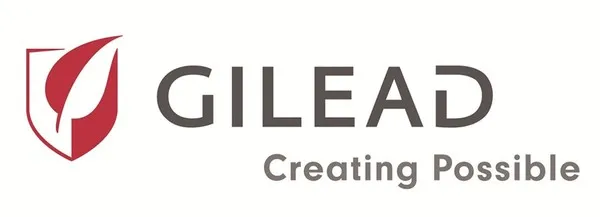

Trodelvy and Keytruda Reduce Progression and Mortality Risk in TNBC
Groundbreaking Results from ASCENT-04/KEYNOTE-D19 Trial
On May 31, Gilead Sciences announced compelling results regarding the combination therapy of Trodelvy (sacituzumab govitecan) and Keytruda (pembrolizumab) for PD-L1 positive metastatic and recurrent triple-negative breast cancer (TNBC). The study found that this treatment reduced the risk of disease progression and mortality by an impressive 35% when compared to the combination of Keytruda and chemotherapy, with a hazard ratio of 0.65. The median progression-free survival (PFS) for the Trodelvy and Keytruda combination was 11.2 months, in stark contrast to 7.8 months for the Keytruda and chemotherapy regimen.
These significant findings come from the pivotal Phase III ASCENT-04/KEYNOTE-D19 trial, which is crucial for patients who have limited first-line treatment options. Dr. Sara Tolaney from the Dana-Farber Cancer Institute stated, "These results represent a significant advancement for PD-L1 positive metastatic and recurrent TNBC patients, indicating Trodelvy and Keytruda's potential as a new standard of care."
Trial Highlights
The ASCENT-04 trial involved 443 treatment-naive patients with unresectable local advanced or recurrent metastatic TNBC. Participants were randomly assigned to receive either the Trodelvy-Keytruda combination or chemotherapy with Keytruda. The study adopted a non-blinded, open-label design allowing researchers to closely analyze treatment outcomes.
The median follow-up period was 14 months. Notably, the combination therapy demonstrated a statistically significant improvement in overall survival (OS) trends, although detailed data on survival is still maturing. With overall response rates (ORR) of 60% for the Trodelvy-Keytruda group versus 53% for the chemotherapy group, this study strengthens the case for Trodelvy’s efficacy in treating TNBC.
Safety Profile
Safety analyses from the ASCENT-04 trial show no new safety issues associated with the Trodelvy and Keytruda combination. Common adverse events included neutropenia (43%) and diarrhea (10%). Impressively, a smaller percentage of patients in the Trodelvy group required treatment discontinuation due to adverse effects compared to the chemotherapy group (12% vs 31%).
The existing safety profile of each agent remains consistent with prior studies. No unexpected safety information emerged during this combination therapy, indicating that it is safe and well tolerated.
Continued Research and Future Implications
Gilead is committed to exploring regulatory approval for this combination therapy and is actively collaborating with the FDA. This research marks a significant step toward enhancing treatment options for patients with metastatic TNBC, a particularly aggressive form of breast cancer characterized by a lack of standard treatment options.
In addition, Gilead has also recently released findings from the ASCENT-03 trial, which evaluated Trodelvy’s effect on TNBC patients unable to receive PD-1/PD-L1 inhibitors. These results will be presented at future scientific conferences, further elucidating the potential for Trodelvy as an effective first-line treatment.
It’s crucial to note that the usage of Trodelvy and Keytruda in treating PD-L1 positive metastatic TNBC is still under investigation, and the efficacy and safety profiles need further establishment. Continuous monitoring and research will help solidify these treatments' positions in modern oncology.
Summary: The ASCENT-04 study has shown that the combination therapy of Trodelvy and Keytruda can significantly improve treatment outcomes for patients with PD-L1 positive metastatic TNBC, promising a hopeful horizon for this high-risk cancer population.
Topics Health)










【About Using Articles】
You can freely use the title and article content by linking to the page where the article is posted.
※ Images cannot be used.
【About Links】
Links are free to use.